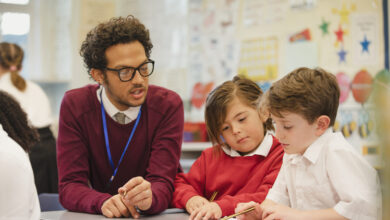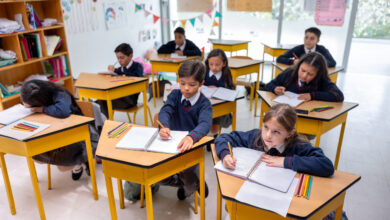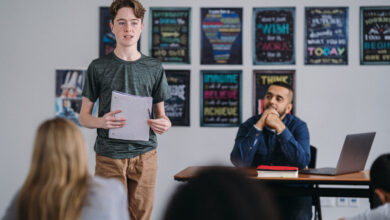In The ClassroomOpinionTop Stories
Improving Australian education: why upping the ATAR score isn’t enough

Last month, the Labor opposition called for systematic change in the Australian education system. "I don't want people with ATARs of 35 going into teaching," noted Labor spokeswoman Tanya Plibersek, vocalising a frustration shared by many.
Please login below to view content or subscribe now.





